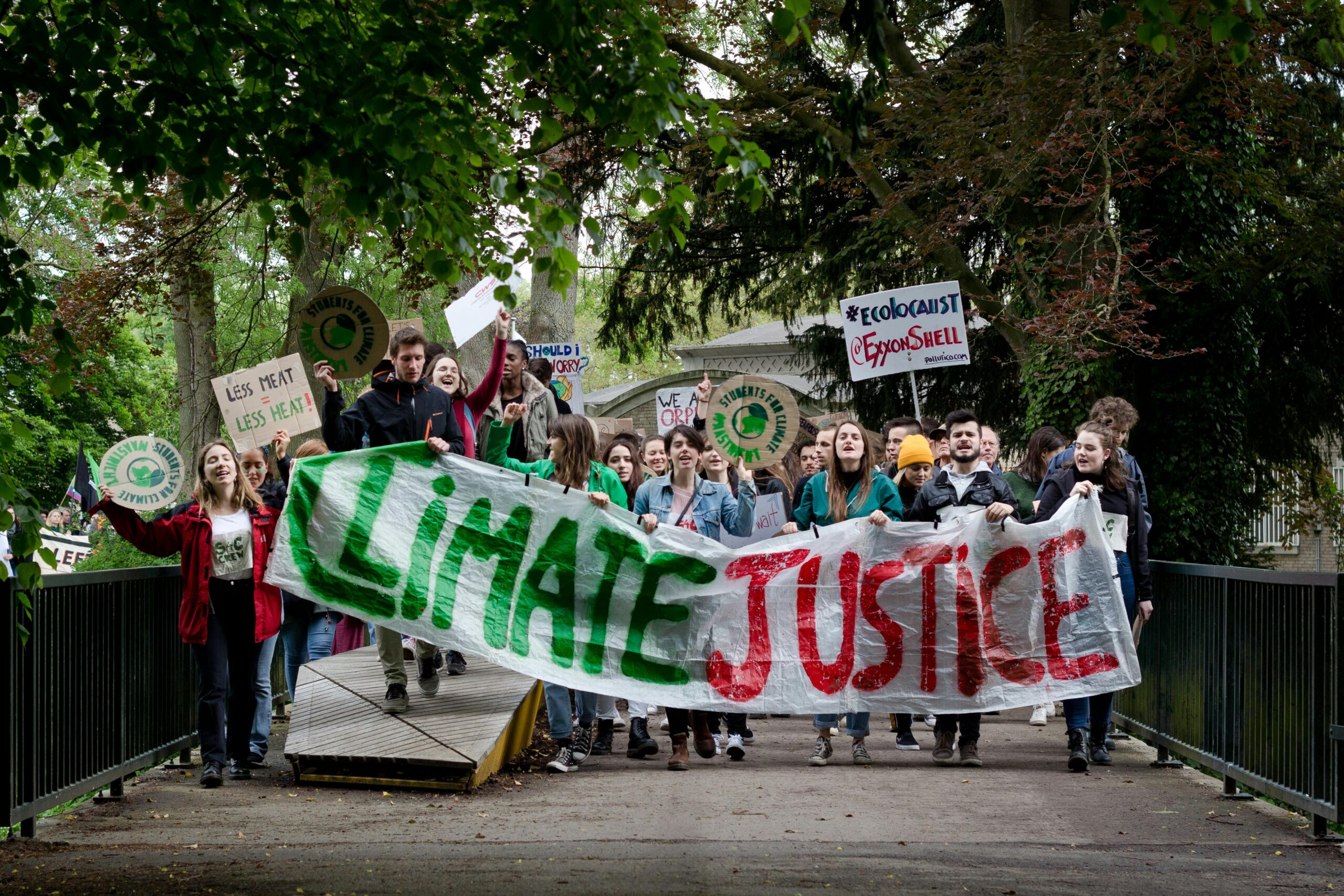
Photo Credit: Vincent M.A. Janssen.
The term culpability may be loosely defined as accepting responsibility or blame and, by extension, the consequences and condemnation for a particular action perceived as wrong or resulting in a negative outcome.
The concept of culpability is of great consequence to the results of any legal proceedings; who must be considered responsible for taking on the liability for the damages brought about by their actions or those of their peers? What form will their punishment take accordingly?
The scope of culpability ranges from acting as security against defaulters in monetary transactions to deciding whether parents are responsible for their children’s shortcomings, misdemeanours, and crimes. However, the urgency of the term has possibly peaked in the 21st century as the question of blame is now asked for the greatest source of damage of all time: climate change, an issue that demands immediate attention and action.
With 70% of greenhouse emissions coming from the burning of fossil fuels, several reports on climate change place the blame almost squarely on the world’s energy conglomerates.
Given that around 86% of the world’s population lives in nations that are at a higher risk of experiencing the physical and economic effects of climate change, it might make sense to propose some form of globally applicable legislation. This legislation could potentially benefit many people across the globe, offering hope for some form of equitable development and a brighter future.
However, this also raises the question of how and on whom culpability can be imposed. With most of the world still dependent on fossil fuels to sustain their populations, economies, and infrastructure, penalizing the providers of this commodity might complicate the process of transitioning to renewables, raising costs and leading to possible economic tensions.
One may also ask how such measures might be enacted to enforce the blame of climate change on some of its major players. As long as the world continues to be reliant on oil, coal, natural gasses, etc., and as long as clean, green substitutes account for less than 30% of the required capacity – fossil fuel producers are going to continue to hold bargaining powers and any attempt on enacting economic sanctions on these players will likely have little consequenceother than raising the final price for consumers.
However, the idea that culpability may amount to some form of damages being paid to those affected by climate change holds weight and is a measure that must be acted on immediately; such legislation may go a long way in ensuring climate equitable development, particularly in the wake of the international climate relief fund announced at the COP 28.
Despite holding great promise as a measure when announcing culpability for the climate crisis as well as reflecting the international community’s efforts to mitigate this impending disaster, it must be recognized that for such actions to truly pay off, the world must urgently and completely give up on its dependency on non-renewables. Producers must also be willing to take on both its implications as well as rejig their infrastructure so that a lasting and meaningful solution can be achieved.
